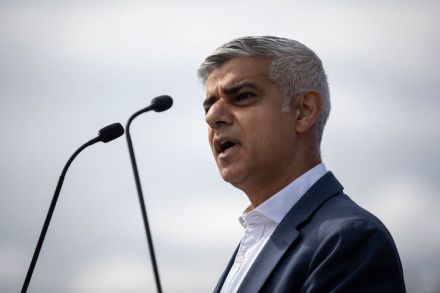Did some good come from the Qing’s dying century?
37 min listen
In the 1800s, Qing China’s final century, European powers were expanding eastwards. The industrialised West, with its gunboats and muskets, and the soft power of Christianity, pushed around the dynasty’s last rulers. But was this period more than just a time of national suffering and humiliation for China? The British Museum’s ongoing exhibit, China’s hidden century, tells the story of Qing China’s final decades. The more than 300 exhibits tell a story not only of decline, but of a complicated exchange between China and the West about culture, fashion, politics and ideas. I reviewed China’s hidden century in The Spectator last month, and hosted a live Chinese Whispers recording about the exhibition in the British Museum a





















